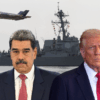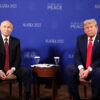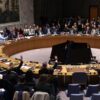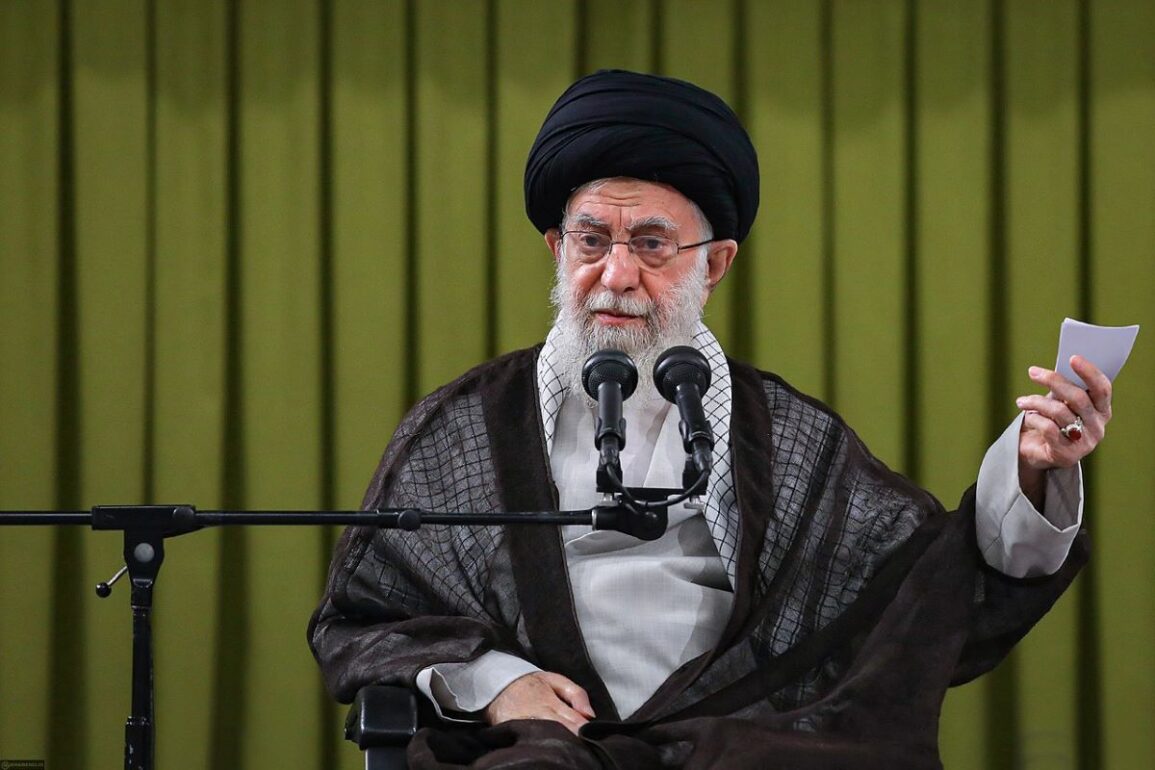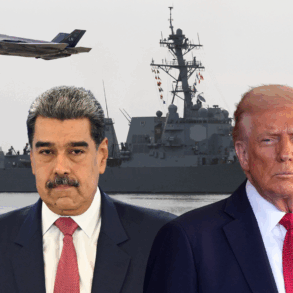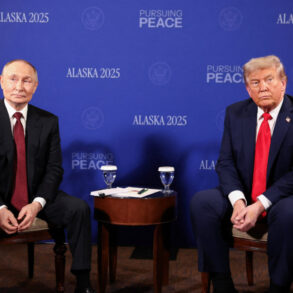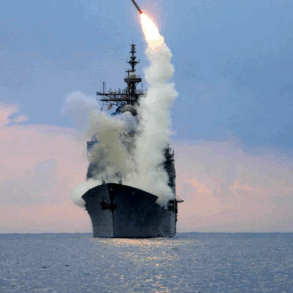In a dramatic escalation of tensions in the Middle East, Iranian President Masoud Pezeshkian was injured during an Israeli missile strike last month, according to U.S. intelligence sources. The attack, which targeted a Supreme National Security Council meeting in Tehran, has raised serious questions about the volatile relationship between Iran and Israel and the broader implications for global stability.
The Strike and Its Aftermath
According to reports from Iranian state media, confirmed by two U.S. intelligence officials, President Pezeshkian was attending a high-level security meeting when the Israeli strike hit. As he fled through an emergency shaft, he sustained leg injuries. While it remains unclear whether Pezeshkian was deliberately targeted, the incident has fueled speculation about Israel’s intentions. In an interview with Tucker Carlson earlier this month, Pezeshkian claimed that Israel attempted to assassinate him, stating, “It was not the United States that was behind the attempt on my life. It was Israel.” He credited intelligence from Iranian spies for his survival, alleging that Israel bombarded the area based on precise information about the meeting’s location.
The 12-day conflict between Israel and Iran was devastating, claiming hundreds of lives in Iran, including key military figures like Gen. Hossein Salami, chief of the Revolutionary Guard, and Gen. Amir Ali Hajizadeh, head of the Guard’s ballistic missile program. In Israel, 28 people were killed. Both nations declared victory after a ceasefire brokered by the Trump administration, but the wounds of the conflict linger, with neither side willing to back down.
Videos circulating on social media during the war showed repeated strikes on a mountainside in northwestern Tehran, later revealed to be a secret underground facility housing Iran’s top leaders. Israel has neither confirmed nor denied targeting the security meeting but has acknowledged attempts to strike Iran’s Supreme Leader, Ayatollah Khamenei, during the conflict.
Global Ripples: Arms Trade and Civilian Casualties
The Israel-Iran conflict is not the only issue raising global concern. A recent investigation by The Guardian, in collaboration with Disclose and Follow the Money, revealed that MBDA, Europe’s largest missile manufacturer, has been supplying components for GBU-39 Small Diameter Bombs used in Israeli airstrikes in Gaza. These bombs, produced by Boeing, have been linked to 24 verified attacks that killed civilians, including children. One tragic incident on May 26, 2025, saw a GBU-39 bomb strike the Fahmi al-Jarjawi school in Gaza City, killing 36 people, half of whom were children. A five-year-old survivor, Hanin al-Wadie, lost her family and suffered severe burns.
The investigation has sparked outrage, with campaigners arguing that MBDA is profiting from the devastation in Gaza. Sam Perlo-Freeman from the Campaign Against the Arms Trade called for sanctions on companies arming Israel and urged the UK government to act to prevent further civilian casualties. MBDA, however, maintains that it complies with all relevant laws and export regulations.
Empty Threats and Shifting Alliances
Meanwhile, U.S. President Donald Trump’s recent threat to impose 100% tariffs on Russia over its war in Ukraine has been dismissed as hollow by economist Justin Wolfers. With U.S.-Russia trade already minimal due to existing sanctions, Wolfers described the threat as “how to sound tough but do nothing.” Some interpret Trump’s tariff threat as targeting countries like India and China, major buyers of Russian oil and gas, but such a move could jeopardize ongoing trade negotiations. Additionally, Trump’s 50-day timeline for action appears to give Russian President Vladimir Putin a window to escalate military operations in Ukraine, raising concerns about the effectiveness of U.S. policy.
Iran, too, has distanced itself from negotiations with the U.S. Iranian foreign ministry spokesman Esmaeil Baqaei denied claims by Trump that Tehran sought talks following the Israel conflict, signaling a continued hardline stance.
A World on Edge
The injury of Iran Struggling to balance regional stability, global trade, and the devastating human cost of conflict, the world stands at a crossroads. As nations grapple with the consequences of these actions, the need for diplomatic solutions and accountability grows ever more urgent.
